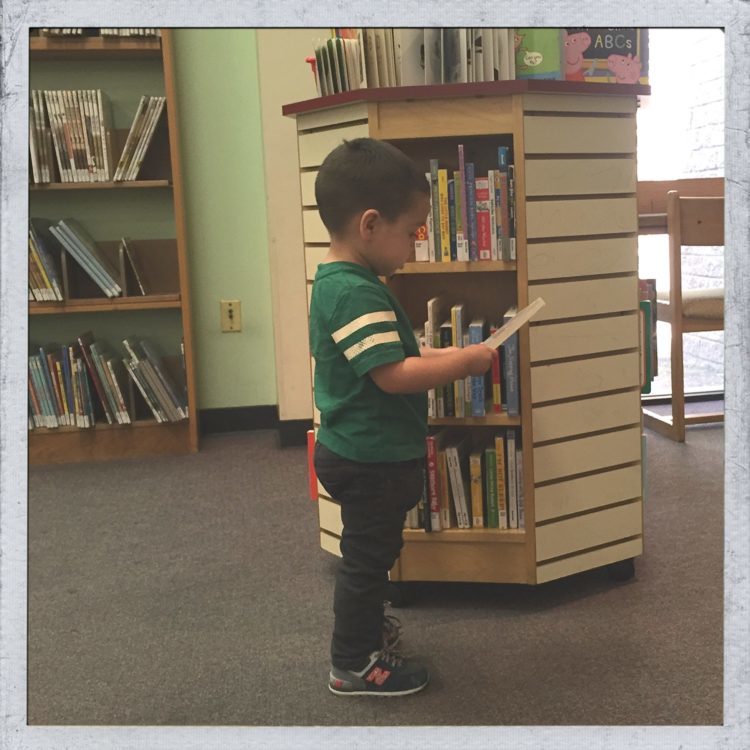Many students are lacking the basic skills to be successful in school. I learned this after I posed the following question to charter and public school teachers; “What is the number one problem or recurring issue you see with students?” The answer was jaw dropping; “they lack comprehension and critical thinking skills.” This is extremely sad, because we can’t expect them to triumph in school without these skills. So how can parents help?
We can help our children by taking the first step towards learning how to help them and then put what we learn to practice. I already began my search on ways to improve these skills and what I found was not rocket science, by far. They’re simple things that make you wonder, why aren’t we all doing these things with our children? After reading this I hope you’ll have a clearer understanding on how to help foster these two very important skills in your children.
In order to improve comprehension, which means to understand something and critical thinking which means you are able to evaluate something with clarity on the matter or think outside of the box. The following things should become second nature for you.
Talk to your children
Talking to your children will help them understand many things. With your guidance they are capable of grasping so much of this huge world but we need to take the time to engage with them and talk, a lot. Ask them questions, tell them new things, explain the things around them to them, answer their questions, talk, talk, talk. It’s simple, the more they know, the more connections they’ll be able to make, and the more they’ll comprehend.
Read to your children
You need to start reading to your children today. The earlier they are introduced to books the better prepared they’ll be to understand things and think critically. When children read they are being exposed to new vocabulary words, new stories, and in general just a higher aptitude for learning. Reading will help them connect the words and stories to real life experiences. An example is my son, Kian. I’ve been reading to him since before he was born and he pleasantly surprises me all the time with what he’s learned from reading. Before he was one he was pointing to and saying RV’s on our walks because there was an RV in a story we would read often. It’s amazing when you see first hand, what a huge difference reading makes.
Ask open-ended questions
We need to speak to our children to stay connected but what we say or ask them is just as important. Open ended questions are great because it gives children the opportunity to think, not just regurgitate something they heard or answer yes or no, which often takes little thought. So instead of asking; Did you like the book you read in class today? Try; What did you like about the book you read in class today? Instead of; You had to play inside the classroom today because of the rain, didn’t you? Try; What kinds of neat games did you get to play inside the classroom since you had to stay in because of the rain? This will make a world of difference in strengthening their critical thinking skills.
Allow them to be problem solvers
We always want to run to our children and make sure they’re okay at the first sign of struggle but that struggle is good. That struggle can mean growth and learning. We need to give our children time and space to attempt to reason and solve their own dilemmas. It’s about getting them to think a little more or a little deeper than just the surface. Encourage them to come up with different ways to solve a problem. Always stay close by though, you don’t want him getting too frustrated and not want to try anymore.
Allow them to be independent thinkers
Allow your children to express themselves freely while offering guidance where you see fit. Teach them about making decisions and the benefits or consequences that will come to them depending on their choices. And encourage them to check their information for accuracy by doing research. The better they understand a situation or the world around them the better they will be at thinking independently.
Aside from these few suggestions, there are many more ways and fun activities to help you teach your children comprehension and critical thinking skills. I know there are plenty of parents who want to help their little ones put their best foot forward, so here are a few links for you to check out.
http://www.funbrain.com/books/tesstree/book.html
http://www.adaptedmind.com/reading.php
Monica Luna Gonzalez
Latest posts by Monica Luna Gonzalez (see all)
- Habilidades Esenciales para Tener Éxito en un Curso en Línea - October 7, 2019
- Essential Skills to Succeed in an Online Course - October 3, 2019
- ¿Está Su Hijo de Kindergarten Teniendo Un Tiempo Difícil Cuando Lo Deja en La Escuela? - September 17, 2019
- Is Your Kindergartner Having a Hard Time at Drop Off? - September 17, 2019
- Nuestros Hijos Merecen una Infancia Emocionalmente Saludable y Feliz: Como Padres, Podemos Proporcionarles Eso - May 28, 2019


Pingback: A Recurring Issue With Elementary Students: From a Teacher’s Point of View -